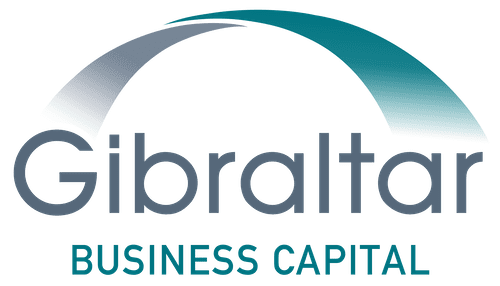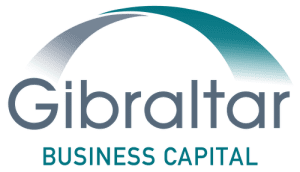When your company needs additional capital to bridge a transitional period or finance new growth, you may be looking for a commercial loan. It’s helpful to know in advance what kind of company financial information a lender may want to evaluate. Cash flow ratios are not only important to your company, they are also very important to lenders because of the information they provide about your company’s liquidity. Lenders will use them in specific ways.
How Do Lenders Use Cash Flow Ratios?
Cash is the ingredient that makes a business run smoothly, that keeps the doors open during periods of growth, reorganization and transition. A company can operate for a period of time without a profit. However, it can’t operate without cash to purchase materials, cover payroll, or pay bills. Commercial lenders want to know your company will be able to do these fundamental things plus cover its debt repayment. They do this by:
- Evaluating a company’s cash flow using its cash flow ratios and
- Implementing minimum measures, also known as “covenants”—some based on the same ratios—to monitor a company’s cash flow over time and ensure it remains healthy. Covenants are typically measured on a periodic basis, such as monthly or quarterly.
What Minimum Measures (Covenants) Can I Expect to Be Set?
Minimum EBITDA. EBITDA (earnings before interest, tax, depreciation and amortization) is commonly used by companies—and lenders—to measure financial performance.
Debt Service Ratios. Lenders use several ratios specifically to analyze a company’s ability to meet its debt obligations. They will want your company’s ratios to stay in a healthy range.
- Fixed Charge Coverage measures a company’s capacity to cover its fixed charges, such as rent, payroll and equipment leases with its income before interest and income taxes. Lenders use this ratio to see how much cash flow a company has for debt repayment.
- Interest Coverage Ratio indicates how many times a company can cover its interest charges on a pretax earnings basis.
Capital Expenditure Plans and Limitations. Naturally a lender will want to know how you plan to spend the money it lends you. Lenders may set limitations on how capital is spent, to protect their own interests.
Can We Still Get Financing If My Company Is Not Currently Cash Flow Positive?
Some companies specialize in more creative lending, and these lenders often deal with companies that are not cash flow positive. A speciality asset-based lender might be a good option for your company. This type of lender will evaluate your current cash flow ratios, but will look more heavily at the value of your assets when making financing decisions. That being said, an asset-based lender will look closely at your liquidity at loan closing and projected liquidity over time after your credit facility is in place. A rigorous asset-based lender will carefully structure the credit facility for your company with enough resources and flexibility to help ensure you don’t run out of money.

